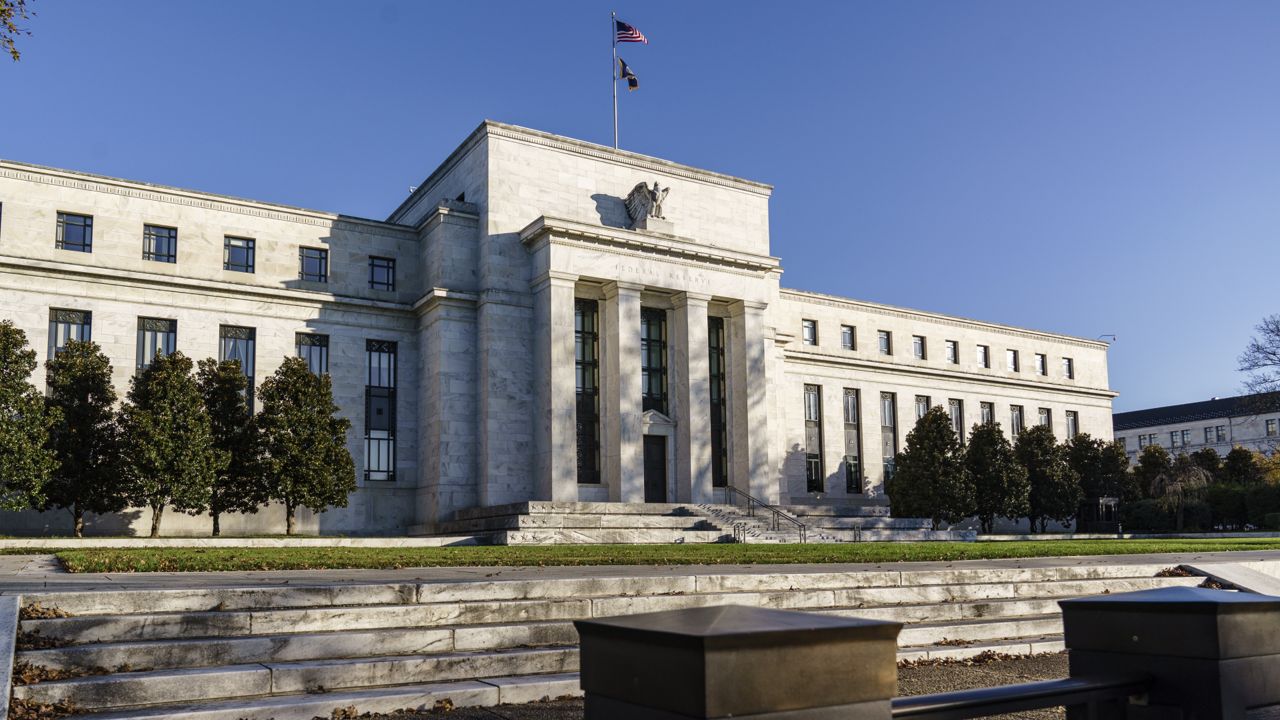In early February, the Federal Reserve released its annual Small Business Credit Survey, a snapshot of the economic conditions business owners faced the previous year.
This year’s report highlighted the precarious situation for many firms amid the ongoing coronavirus pandemic. At the time when the survey was conducted in September and October of last year, the Paycheck Protection Program (PPP) authorized by the CARES Act had closed, and business owners were unsure if additional funding would be approved in any capacity.
The survey reached over 15,000 small businesses across the United States, which the report defined as having “1–499 full or part-time employees.” The report only solicited questions from open or temporarily closed businesses, and did not include answers from permanently closed operations.
While the survey found that small business revenue decreased across the board between 2019 and 2020, companies owned by people of color reported higher rates of financial hardship and lower likelihoods of getting approved for certain grants.
“The 2020 SBCS finds that few firms avoided the negative impacts of the pandemic,” the survey’s summary reads in part. “Furthermore, the findings reveal disparities in experiences and outcomes across firm and owner demographics, including race and ethnicity, industry, and firm size.”
Of all 15,000 firms surveyed, 57% characterized their financial position as “fair” or “poor.” That number increased to 79% for Asian-owned firms, 77% for Black-owned firms, and 66% for Hispanic-owned firms. 54% of non-Hispanic white-owned firms said they were in a “fair” or “poor” financial condition at the time of the survey.
Compounding this issue was the finding that minority-owned companies were “least likely to report receiving the full amount of financing sought,” the most common forms being loans and lines of credit. The survey excluded emergency funding applications.
Overall, 37% percent of small business owners said they received all financing they sought over the course of 2019-2020. But 40% of white, non-Hispanic business owners said their funding needs were fully met; that number decreased to 31% for non-Hispanic Asian owners, 20% for Hispanic business owners, and only 13% for Black employers.
The priorities of business owners — and the top challenges they expect to face in the coming months — also varied by race. Credit availability was the primary concern among Black business owners, with 30% saying they believe it will be the single most important challenge they will face as a result of the pandemic
Demand for products/services was the top expected challenge among Asian, Hispanic, and white-owned firms.
Economic disparities were not limited to race, as the survey looked at the impacts of the pandemic across various industries and company size. The leisure and hospitality industry was the most hard-hit of those studied, which included business owners in the healthcare and education, retail, and manufacturing sectors.
80% of small business owners in the leisure industry reported being in “poor” or “fair” financial conditions late last year, with only 28% claiming to have received the full amount of loan or credit funding they requested that same year. Smaller businesses across all industries were also disproportionately impacted by the pandemic; those with 1-4 employees were the least likely to receive sufficient funds.
President Joe Biden has acknowledged that minority-owned businesses have often struggled to gain access to capital and other tools to grow, and has pledged that his administration’s economic support programs will be better positioned to reach minority-owned businesses.
In a virtual meeting with officials representing some of the 140 chapters of the Black Chambers of Commerce last Friday, Vice President Kamala Harris and Treasury Secretary Janet Yellen said that the new administration intended to address problems in delivering aid to minority businesses in the government’s Paycheck Protection Program.
Harris said the administration is determined to improve the Paycheck Protection Program with a high priority on providing more assistance to small businesses seeking the loans.
The Associated Press contributed to this report.



